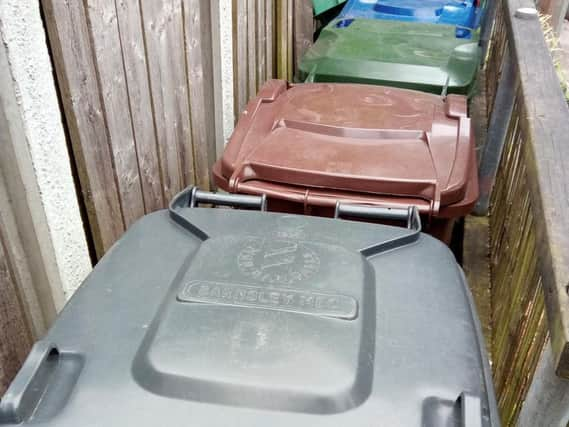Efficient waste collection services can be made even more cost effective, councillors told


There have been previous reviews of how the service operates and it is expected that future changes will be of an incremental nature, rather than radical alterations to the way rubbish is removed and dealt with.
One objective will be to bring down the costs of agency workers and the use of vehicles on short term hire arrangements.
Advertisement
Hide AdAdvertisement
Hide AdIt is expected that savings can be made on the way the vehicle fleet is financed and on fuel use and maintenance costs of the various waste collection vehicles.
A warning has also been flagged up that almost a third of the authority’s bin lorry drivers are aged 55 or older and – with drivers memorising their routes – there is a risk of “organisational memory loss as drivers retire.”
It is being recommended that a business case is drawn up to justify the use of in cab technology to map out routes, to counter that threat.
The service has had a staff turnover rate of 4.4 per cent, with 34 applicants for each driver’s job advertised, and 26 applicants for the waste operatives who make up the lorry crews.
Advertisement
Hide AdAdvertisement
Hide AdBarnsley’s record on sending waste to landfill is massively ahead of local authority averages, with around 66kg disposed of that way for every household in the borough. The figure compares to 232kg on average among 55 local authorities used to form a comparison.
Recycling rates are also better than average, with around 22 per cent of waste composted, up on the average figure of around 17 per cent.
The workforce has increased recently, with 11 extra staff employed, but in 2016/17 the actual cost per household of waste disposal fell slightly, to £45.44, a figure substantially down on the average across local authorities of £54.77.
Notwithstanding that, councillors who sit on a scrutiny board which meets next week will be asked to approve plans which look to reduce costs further, by having more waste taken directly to a site at Manvers, where it is dealt with, rather than initially to a transfer station at Grange Lane, Stairfoot, which means an extra cost of around £6 per tonne in getting it to Manvers.